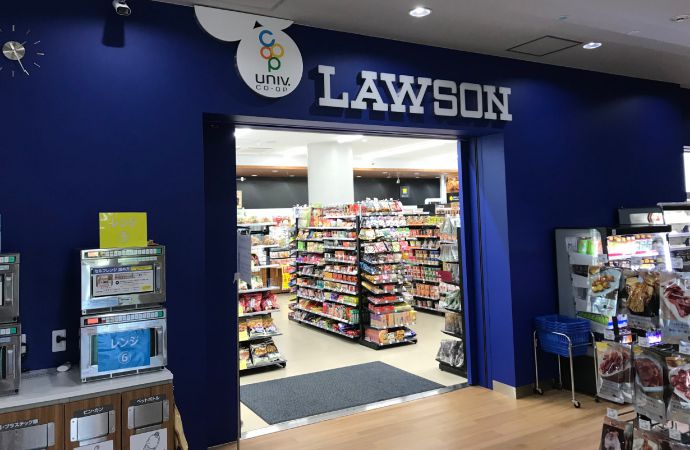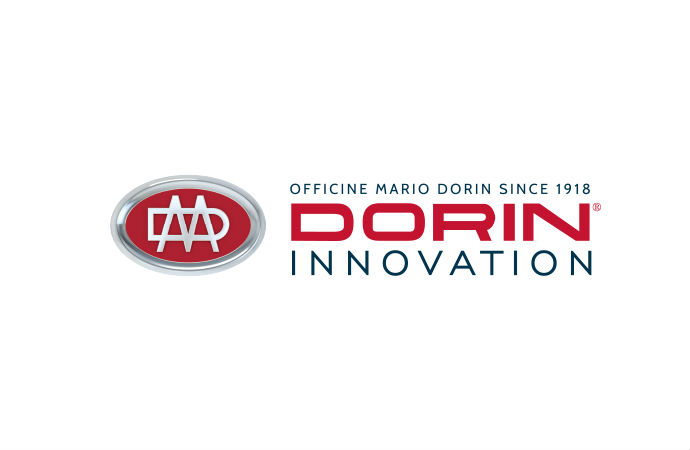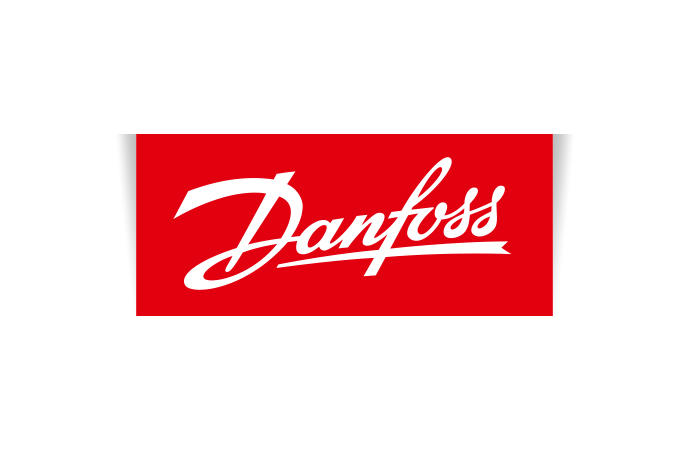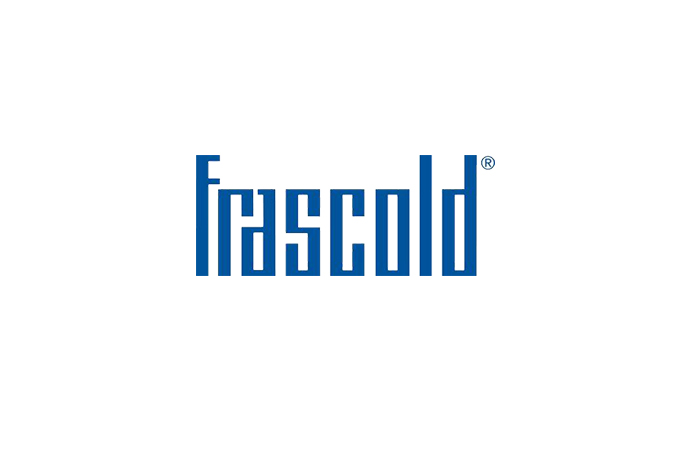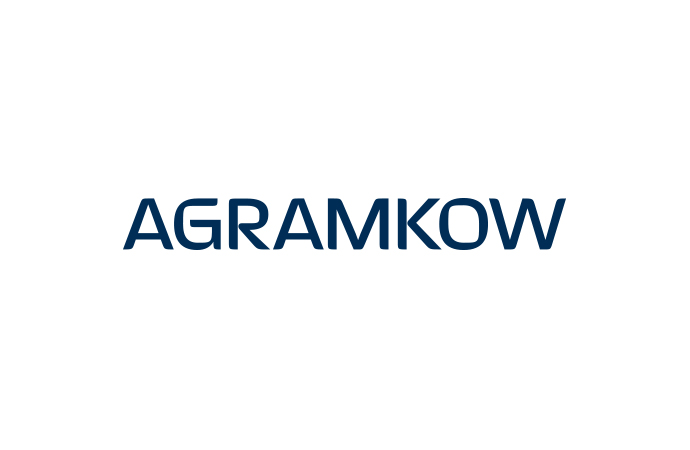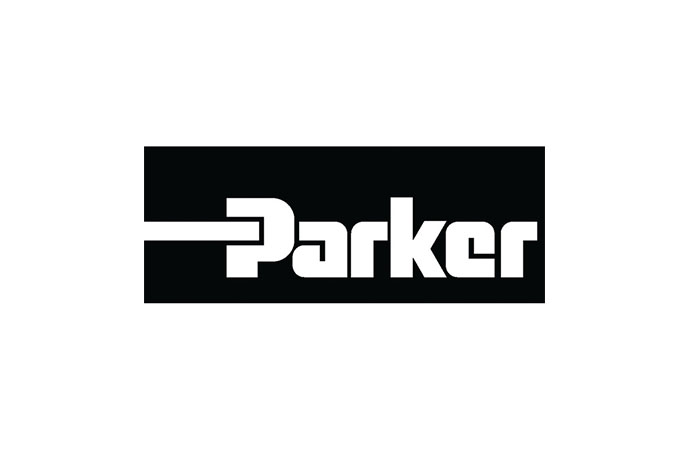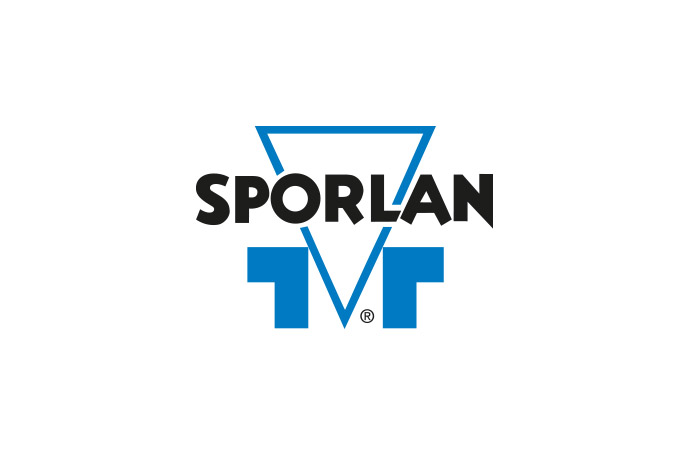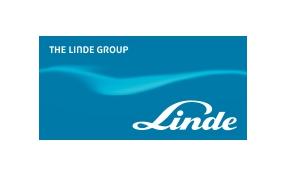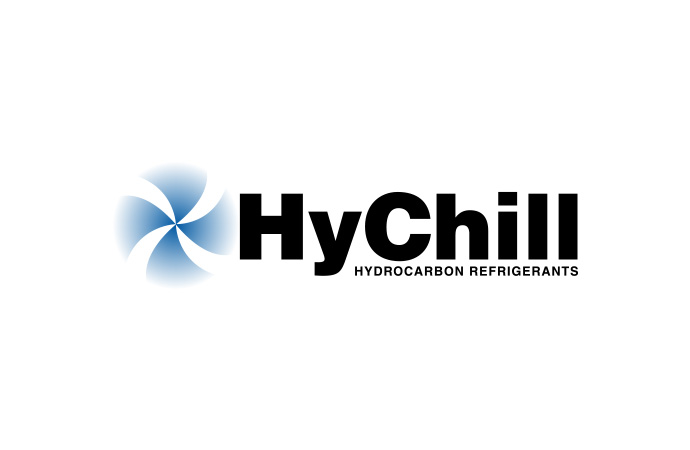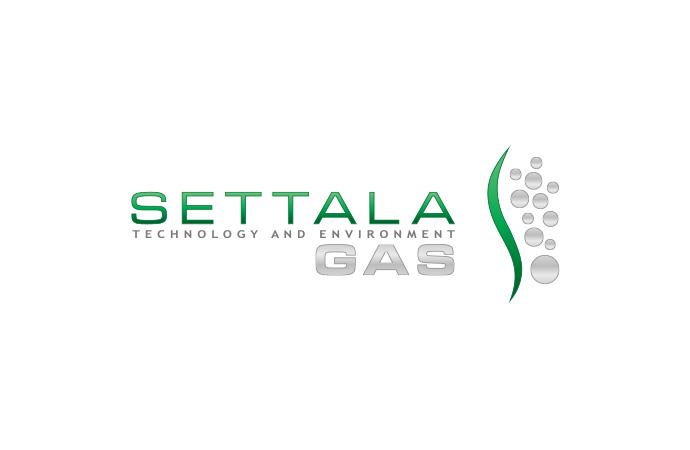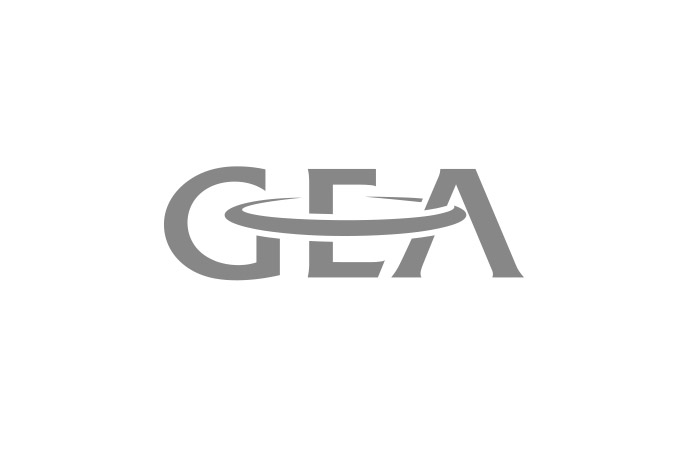Industrial scale production of hydrocarbon chillers has been put into action by Johnson Controls, while that of hydrocarbon heat pumps will soon follow. The company has gained valuable experience with hydrocarbon technology installations, such as the one made for the Åarhus University Hospital Skejby, where both chillers and heat pumps with hydrocarbon refrigerants are currently in operation.

The case study from the Åarhus University Hospital project was presented by Alexander Cohr Pachai, Technology Manager at Johnson Controls, Denmark on the first day of the ATMOsphere Europe 2011 workshop on natural refrigerants, held in Brussels on 11-12 October 2011.
R290 selected for chillers and R600a for heat pumps
The Aarhus University Hospital Skejby has been gradually expanding the site and needed new chillers to replace out of date R22 chillers. Hydrocarbon refrigerant R290 (propane) was quickly chosen for the chillers. The chillers used are a standard product producing cooling at 9/15°C 35% propylene glycol.
Moreover, the latest installation in November 2010 also included two heat pumps for which isobutane (R600a) was selected after having evaluated other options including R744. The R600a heat pumps produce hot water at 80°C in wintertime and 70°C in the summer period, while they also deliver the required cooling capacity in wintertime.
One of the challenges was optimising the system to allow the use of semi-hermetic screw compressors. The efficiency was evaluated against other options and was qualified by being the best overall solution for the project.
Scaling up production of hydrocarbon technology
Johnson Controls is currently looking at other sites where they could provide the same system, and receive some sort of commitment from the market that would break the often encountered “chicken and egg” situation: suppliers do not scale up production unless market demand is there, while there is no market demand unless the price has reached a competitive level that can only be attained thanks to economies of scale achieved through industrial scale production.
Despite this, the company:
Turning to what the industry would like from the political world, “we do not need more smoke signals - we understood the message; We just need some clear dates - the technology is ready so lets get going”, said Mr Pachai - referring to the imminent review of the EU f-gas policy.
The industry needs clear timelines to enable investment in and a transition towards more climate friendly HVAC&R technologies.
Recommendations for enabling hydrocarbon technology
Hydrocarbon refrigerants are widely used in Denmark, are offered by several suppliers and have become an accepted technology.
The authorities and fire brigade are used to this type of equipment, with well-understood regulations in place. But while realising projects, it is important to consult local authorities “in their own territory” and make them visit the installations to understand what the project is about.
Training is the only remaining barrier to a wide roll out of hydrocarbon technology. It takes about 1-2 days to train someone in hydrocarbons, if they are already knowledgeable about HFCs. The development of guidelines and calculation tools could also help people to overcome psychological barriers.
R290 selected for chillers and R600a for heat pumps
The Aarhus University Hospital Skejby has been gradually expanding the site and needed new chillers to replace out of date R22 chillers. Hydrocarbon refrigerant R290 (propane) was quickly chosen for the chillers. The chillers used are a standard product producing cooling at 9/15°C 35% propylene glycol.
Moreover, the latest installation in November 2010 also included two heat pumps for which isobutane (R600a) was selected after having evaluated other options including R744. The R600a heat pumps produce hot water at 80°C in wintertime and 70°C in the summer period, while they also deliver the required cooling capacity in wintertime.
One of the challenges was optimising the system to allow the use of semi-hermetic screw compressors. The efficiency was evaluated against other options and was qualified by being the best overall solution for the project.
Scaling up production of hydrocarbon technology
Johnson Controls is currently looking at other sites where they could provide the same system, and receive some sort of commitment from the market that would break the often encountered “chicken and egg” situation: suppliers do not scale up production unless market demand is there, while there is no market demand unless the price has reached a competitive level that can only be attained thanks to economies of scale achieved through industrial scale production.
Despite this, the company:
- Has already put into action the plan for industrial scale production of R290 chillers
- Will soon be putting forward industrial scale production of R600a heat pumps: Currently the company is producing at industrial scale ammonia heat pumps (72°C) and it will be launching ammonia heat pumps (72°C) at the beginning of 2012. Industrial scale production of R600a heat pumps will follow shortly after
Turning to what the industry would like from the political world, “we do not need more smoke signals - we understood the message; We just need some clear dates - the technology is ready so lets get going”, said Mr Pachai - referring to the imminent review of the EU f-gas policy.
The industry needs clear timelines to enable investment in and a transition towards more climate friendly HVAC&R technologies.
Recommendations for enabling hydrocarbon technology
Hydrocarbon refrigerants are widely used in Denmark, are offered by several suppliers and have become an accepted technology.
The authorities and fire brigade are used to this type of equipment, with well-understood regulations in place. But while realising projects, it is important to consult local authorities “in their own territory” and make them visit the installations to understand what the project is about.
Training is the only remaining barrier to a wide roll out of hydrocarbon technology. It takes about 1-2 days to train someone in hydrocarbons, if they are already knowledgeable about HFCs. The development of guidelines and calculation tools could also help people to overcome psychological barriers.
MORE INFORMATION
Related stories


